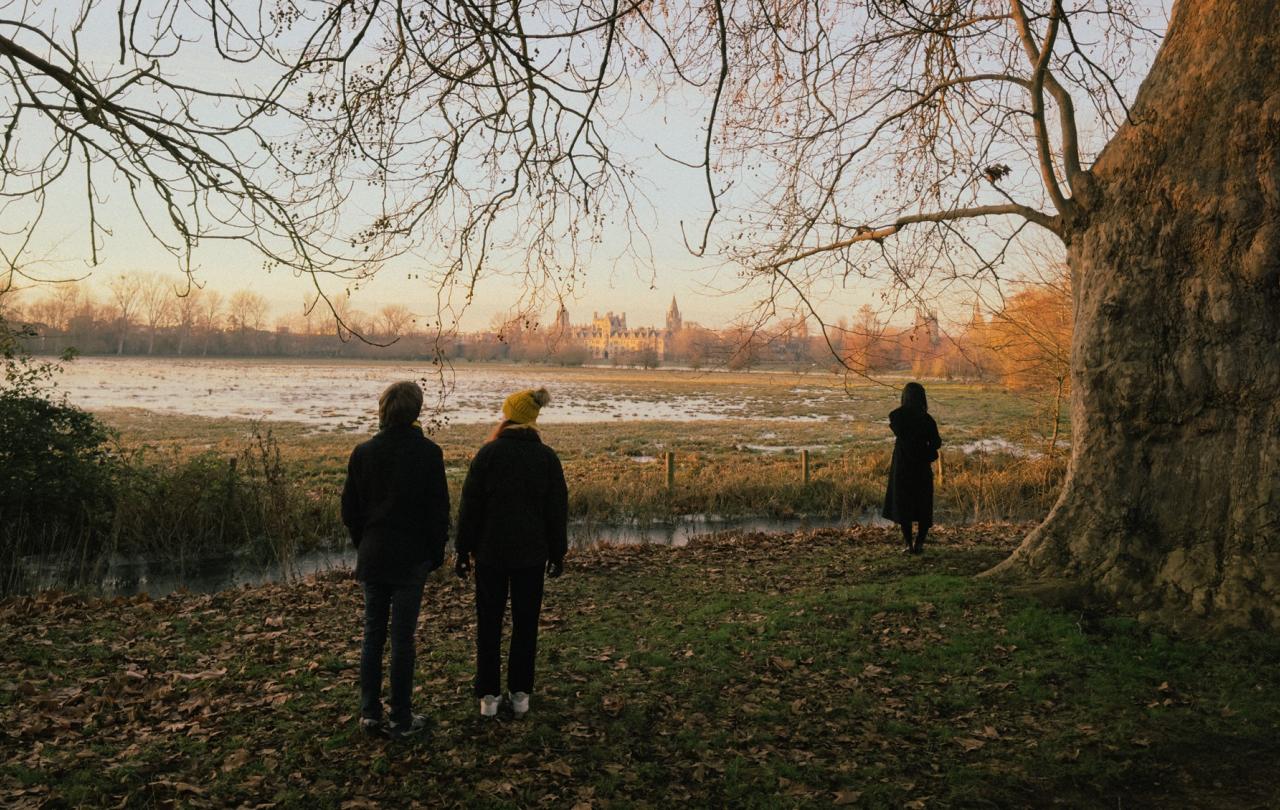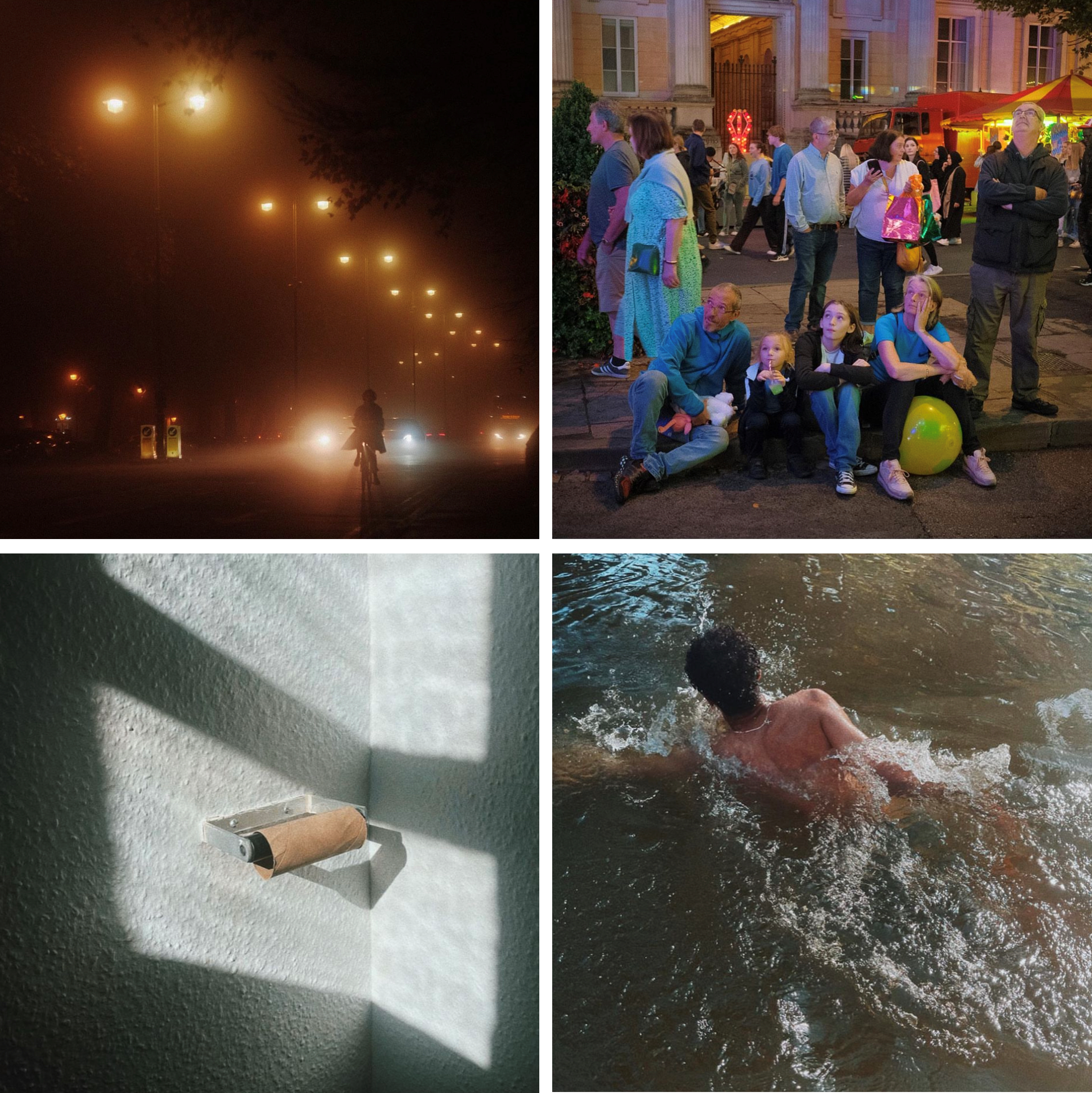
Unlike Robbie Williams, who sings about them, sometimes I preach about angels. When I do something always happens – people start telling me their own angel stories.
There was the one a soldier friend told me. During an army climbing expedition to Mount Kenya, one of his team had fallen to his death from a sheer rock face. Caught up in the drama of the moment, my friend found himself stuck on a ledge, unable to move up or down, paralyzed by fear and frustration. Suddenly, in an inaccessible part of the world, where they had seen no-one for days, on a mountain where they were the only registered group present, a climber appeared out of nowhere, moved onto the ledge where he was standing, tied a rope into his harness, lowered him down the rockface to safety before disappearing up the face never to be seen again.
Or the story of a pastor who got into trouble in an airport. A stranger walked by and asked if he could help, and remarkably fixed a seemingly intractable problem. The grateful passenger took a selfie of himself and the stranger, but when he looked at the phone later on, there was a picture of himself, grinning into the camera, with his arms around… nothing.
Why do so many stubbornly believe in angelic beings, when a materialist view of the world laughs scornfully at the idea as a bit of pre-modern superstition?
These are not just modern stories. In the second century, a young man called Justin from Asia Minor was working his way through the various schools of Greek philosophy. One day, he was walking along the beach at Ephesus, wondering, as young people have always done, about the meaning of life in general and his own life in particular, when a mysterious old man came alongside and joined him in conversation. As they walked together, the old man spoke about the philosophers and how none of them were quite able to answer the deepest mysteries of life. He advised Justin to read the Old Testament prophets, before disappearing into the distance. Justin did so, became a Christian and went on to become one of the greatest early theologians of the Church and one of its early martyrs for the faith – hence the name he is remembered by today - Justin Martyr.
Was it an angel? Or a real, yet mysterious old man? Are angels real? And if so, what is the point of them? Surveys tell us that 30 per cent of British people believe in angels. In the USA that figure rises to 70 per cent. Why do so many stubbornly believe in angelic beings, when a materialist view of the world laughs scornfully at the idea as a bit of pre-modern superstition? After all, the cynic might say all these stories can be explained - these were just ordinary people who turned up unexpectedly.
The encounter opened the eyes of the person in the story to another realm, a world unseen yet just as real as the seen.
The word angelos in Greek simply means messenger – and it can mean either a human or an angelic one. In the Bible, angels don’t usually appear with glowing white clothing and wings sprouting from their shoulder blades. When they come to people with a message, they often appear in the guise of ordinary people. In fact, it’s often hard to tell whether you have been visited by an angel or just another human.
The point, therefore, is not so much about the angels, but about the message that they bring. They tend to turn up when there is something particularly important to announce, something like the birth of Jesus, when an angel appears to the young Mary to tell her the news that she will give birth to the Son of God, her, and then quite a few of them turn up to sing to the shepherds, an indication that something big was happening.
In each of the stories above, the encounter opened the eyes of the person in the story to another realm, a world unseen yet just as real as the seen. An inexplicable encounter with what just might have been an angel has the capacity to open our eyes to the fact that the world is bigger than we often assume – that as Hamlet says to his dull, practically minded friend: “There are more things in heaven and earth, Horatio, than are dreamt of in your philosophy.”
The Nicene Creed, the classic summary of Christian faith, speaks of God as the ‘Creator of all things seen and unseen’. We are all used to what we can see, yet some of us only have space in our world for things that can be seen, touched or measured. Yet there are surely those unseen realities – things we cannot see or measure, like love, compassion, holiness, miracles, God and - yes – angels.
A random sermon on angels elicits hushed stories that people feel almost embarrassed to speak. Such mysterious experiences are far more common than we realise, as Dan Kim points out elsewhere on this site. Yet these experiences are not an end in themselves but are perhaps a way of God getting our attention when we refuse to listen to more ordinary approaches. These experiences open our eyes to a dimension of reality that is as real, if not as visible as the one we deal with every day – and become a gateway to a journey of discovery of an unseen world alongside the seen, that sheds a strange but welcoming new light onto a disenchanted world.






